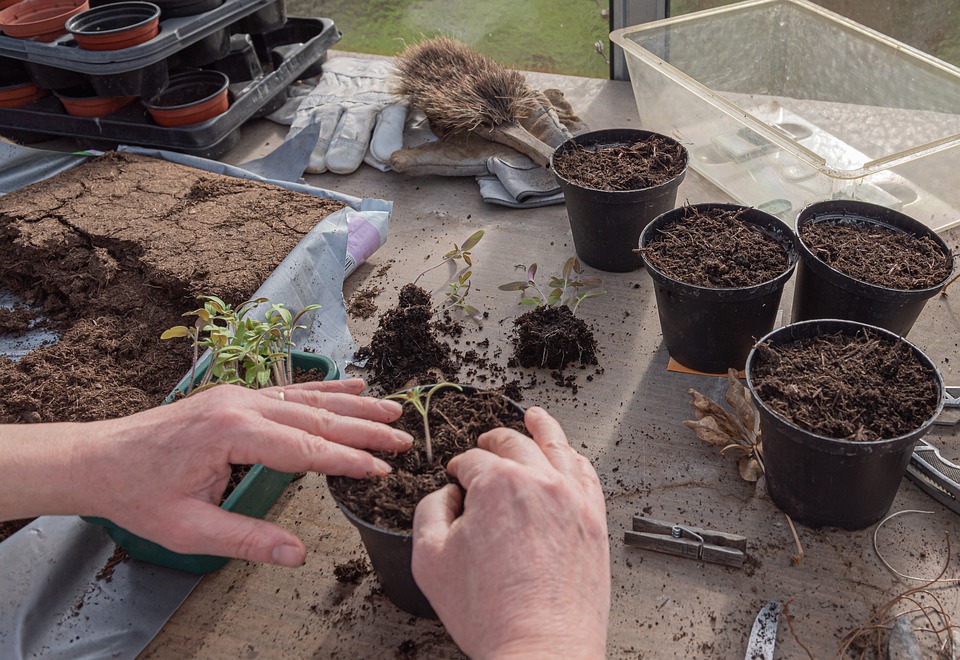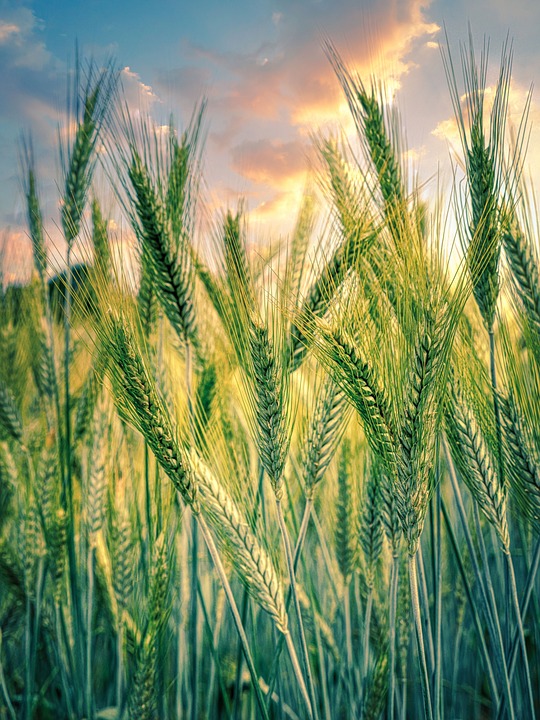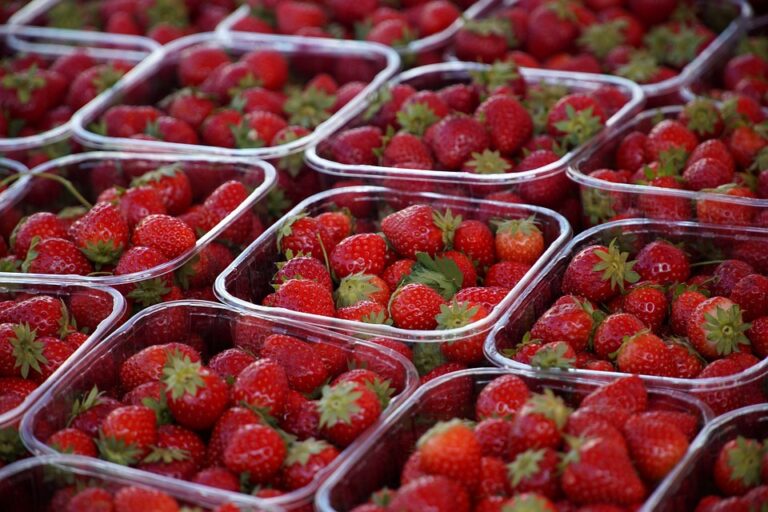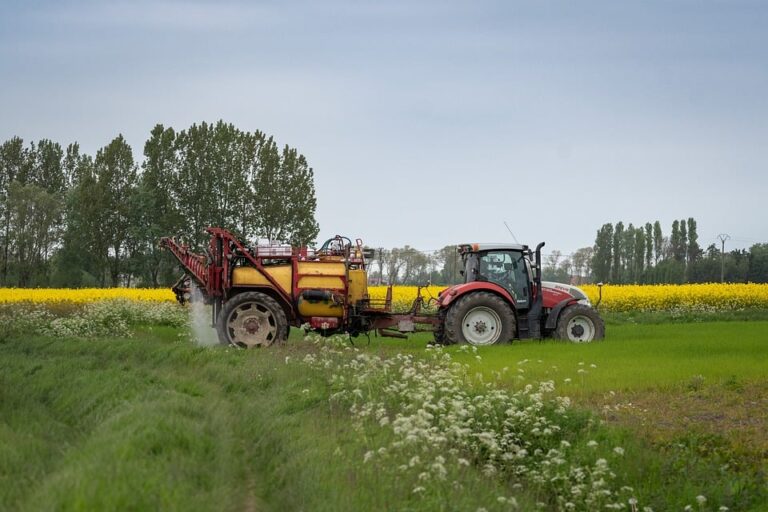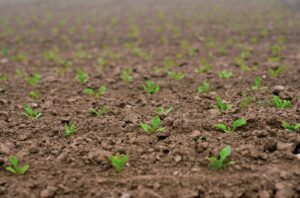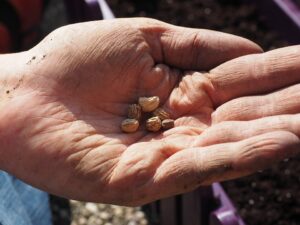The Challenges Faced by Farmers in Plowing and Sowing in Rekshino
Introduction
Rekshino, a rural village located in a remote area, is home to a community of farmers who rely on agriculture for their livelihood. The process of plowing and sowing is crucial for their farming activities, but it comes with its own set of challenges. In this article, we will explore the difficulties faced by farmers in Rekshino when it comes to plowing and sowing their fields.
Lack of Modern Equipment
One of the major challenges faced by farmers in Rekshino is the lack of modern equipment for plowing and sowing. Many farmers still rely on traditional methods of using oxen and plows to till their land, which can be time-consuming and labor-intensive. The cost of purchasing modern tractors and seeding machines is often prohibitive for small-scale farmers, making it difficult for them to adopt more efficient farming practices.
Unpredictable Weather Patterns
Another significant challenge for farmers in Rekshino is the unpredictable weather patterns that can impact their plowing and sowing activities. Heavy rains or droughts can disrupt the farming schedule, leading to delays in planting crops or damaging the newly sown seeds. Farmers in Rekshino must constantly monitor weather forecasts and adapt their farming practices accordingly, which can be a challenging task in a remote area with limited resources.
Lack of Access to Quality Seeds and Fertilizers
Access to quality seeds and fertilizers is another challenge faced by farmers in Rekshino. Many farmers struggle to afford high-quality seeds and fertilizers, which are essential for ensuring a successful harvest. The lack of access to these inputs can result in lower crop yields and reduced income for farmers, making it difficult for them to improve their standard of living.
Soil Erosion and Land Degradation
Soil erosion and land degradation are additional challenges that farmers in Rekshino must contend with when plowing and sowing their fields. The hilly terrain and heavy rainfall in the region can lead to erosion and depletion of soil nutrients, making it harder for farmers to cultivate their land effectively. Implementing soil conservation practices such as terracing and cover cropping can help mitigate these issues, but they require additional labor and resources that many farmers in Rekshino may not have.
Pest and Disease Management
Pest and disease management is a constant challenge for farmers in Rekshino, especially during the plowing and sowing stages of the farming cycle. Insects, weeds, and fungal diseases can all affect crop growth and yield, leading to significant losses for farmers. Implementing integrated pest management strategies and using disease-resistant crop varieties can help farmers protect their crops, but these practices require knowledge and resources that may be lacking in the community.
Lack of Infrastructure and Market Access
Finally, farmers in Rekshino face challenges related to the lack of infrastructure and market access. Poor road conditions and limited transportation options can make it difficult for farmers to transport their produce to market, leading to reduced income and limited opportunities for selling their crops. Improving infrastructure and establishing better market linkages can help farmers in Rekshino overcome these challenges and access new markets for their agricultural products.
Conclusion
Farming in Rekshino presents a unique set of challenges for farmers, particularly when it comes to plowing and sowing their fields. From the lack of modern equipment and quality inputs to unpredictable weather patterns and soil degradation, farmers in Rekshino must navigate a range of obstacles to ensure a successful harvest. By addressing these challenges through improved access to resources, knowledge, and market opportunities, farmers in Rekshino can enhance their farming practices and improve their livelihoods.
